April 13, 2025 | 23:30 GMT +7
April 13, 2025 | 23:30 GMT +7
Hotline: 0913.378.918
April 13, 2025 | 23:30 GMT +7
Hotline: 0913.378.918
Ms. Tran Thu Thoa, of Dak Lang village, Quang Khe commune, Dak G'long, is an example of someone who has escaped poverty due to sericulture for a decade.
Ten years ago, the household of Thoa began producing silk with 5 rods of mulberry and 2 crates of silkworms per month. After four years, her family has escaped poverty by purchasing additional land and expanding her mulberry crop area.
"We are now expanding our mulberry cultivation area to over 3 hectares." Each batch of silkworms (approximately 15 days/batch) produces between 55 and 70 kilograms of cocoons per carton. After deducting all expenses, each crate of silkworms generates a profit of more than 10 million Vietnamese Dong, as revealed by Thoa.
Once a laborious process, silkworm cultivation is now facilitated by seedlings, techniques, and nutrients that ensure efficiency and cost savings for agricultural households. In addition to employing the method of rearing silkworms on the floor, the family also uses wooden poles instead of traditional bamboo poles for the silkworms to adhere to, thereby reducing labor.
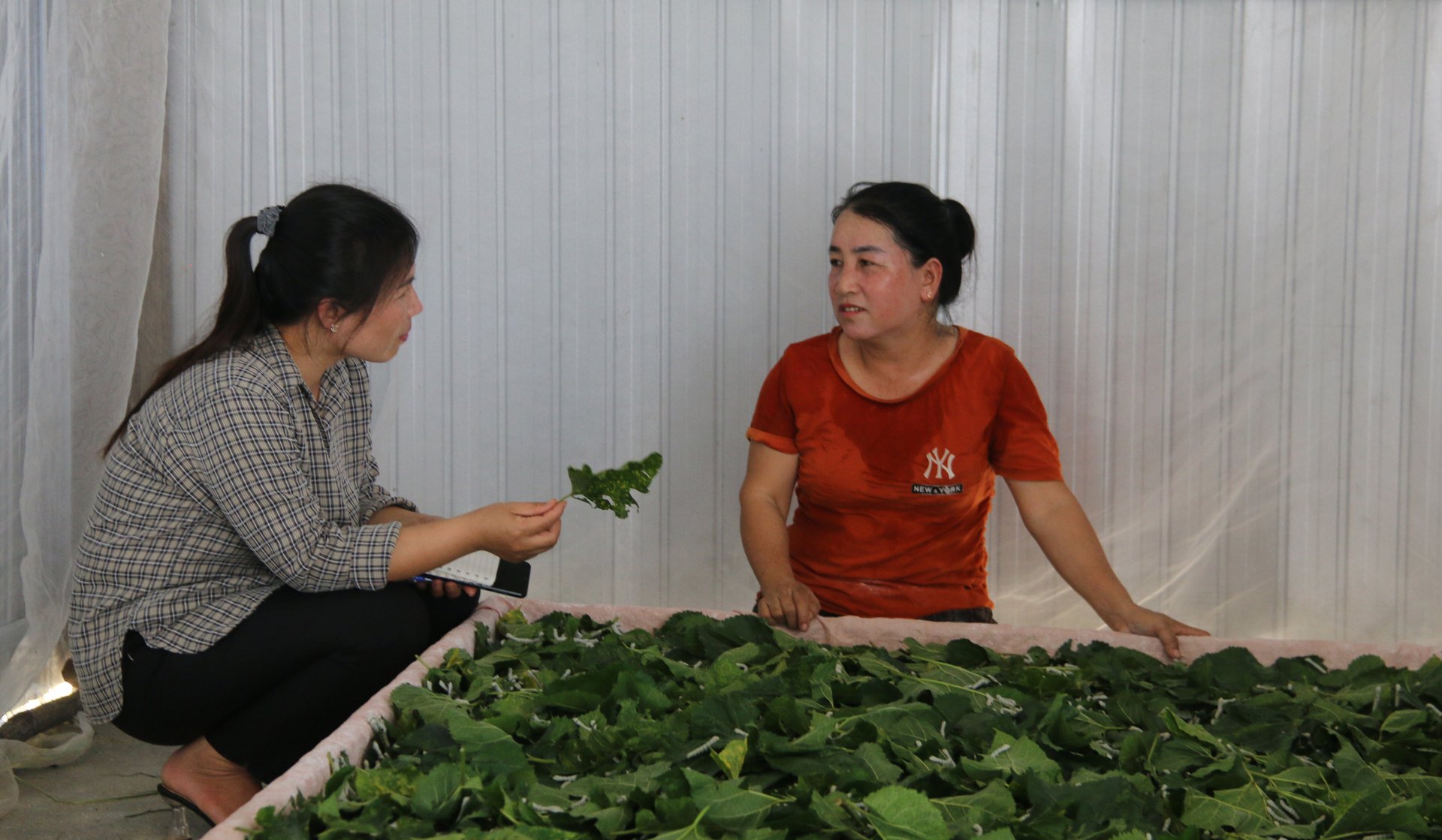
Thanks to the sericulture model, Ms. Thoa's family (red shirt) escaped poverty. Photo: Quang Yen.
In 2019, the family of Ms. Doan Thi Ut Cung (residing in Dak Lang village, Quang Khe commune) invested in the cultivation of 1 hectare of mulberry trees and 3 crates of silkworms per litter to raise silkworms. After two years of implementing the model, Ms. Cuong's family has been able to leave the list of local impoverished households thanks to sericulture.
Ms. Doan Thi Ut Cung disclosed that by sowing and intensively cultivating novel mulberry varieties and employing high-quality silkworm-rearing techniques, she obtains an average of 60 kilograms of cocoons per box. In addition, the family uses silkworm excrement to fertilize the mulberry trees, thanks to which the family saves an amount of money each year on investment costs to purchase fertilizer.
"Before the family's only source of income was the sugarcane beverage vendor, so their financial situation was precarious. "After switching to growing mulberries and raising silkworms, my husband and I were able to send all four of our children to school," Ms. Cuu explained.
Ms. Thoa and Ms. Cung concentrate not only on developing silkworm cultivation for the family but also on advising neighboring households. Many households in the Quang Khe commune enjoy a stable income as a result of this practical knowledge.
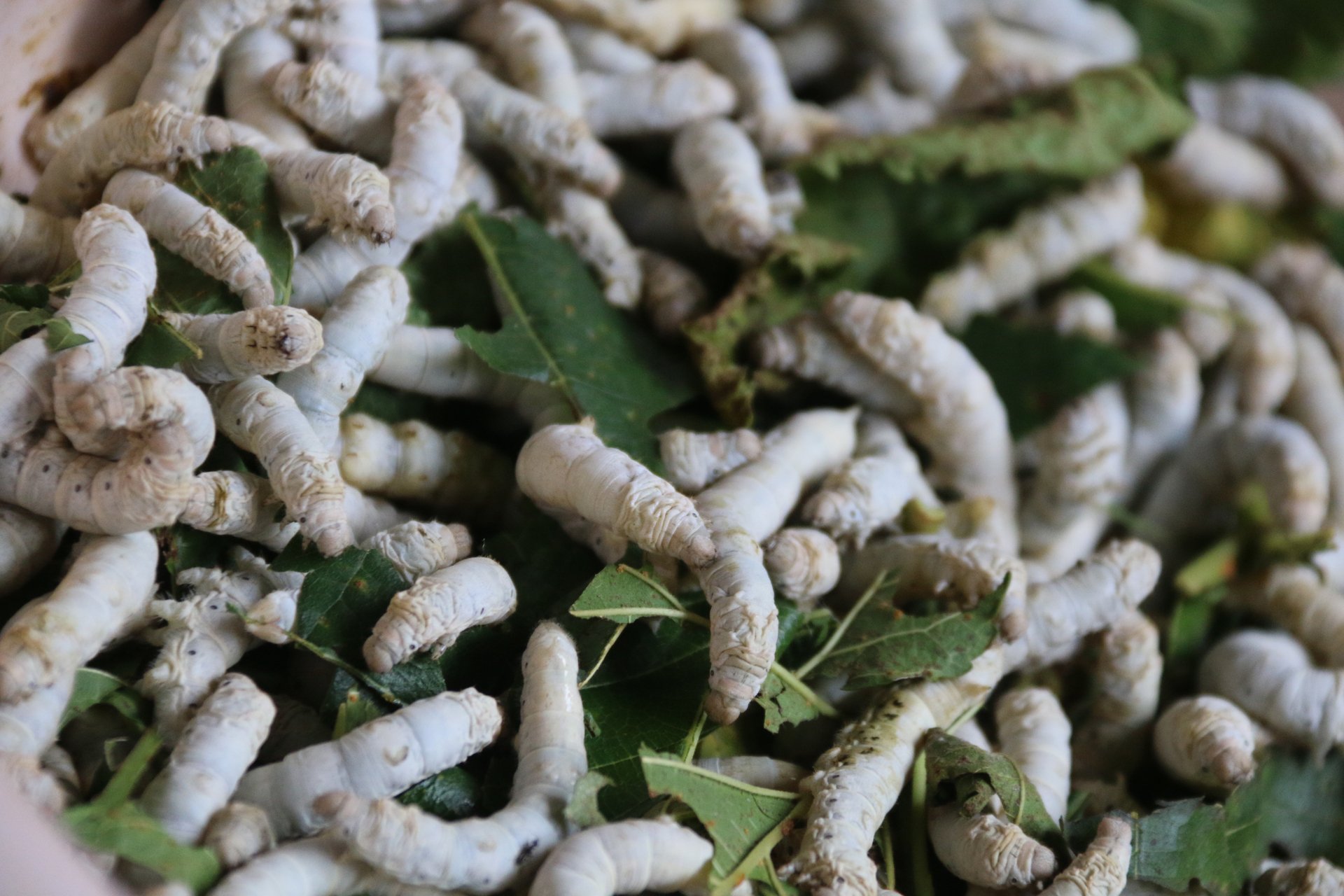
The model of growing mulberry and raising silkworms is considered effective, bringing economic benefits to people in Dak G'long district. Photo: Quang Yen.
According to the People's Committee of Quang Khe commune, there are only a handful of households growing mulberry trees and rearing silkworms on a modest scale in the commune in 2020. To date, the entire commune has more than 100 agricultural households cultivating strawberries on more than 50 hectares. Compared to many other commodities, the investment cost of growing mulberries is low, raising silkworms rapidly for harvest, and the price of cocoons is relatively stable, so the profession of growing mulberries and raising silkworms is considered to help reduce poverty quickly and sustainably.
Mr. Tran Ngoc Thuan, Vice Chairman of the Quang Khe Commune People's Committee, stated that there are presently 165 impoverished households (representing 4.8%) in the entire commune. To reduce poverty rapidly and sustainably, the locality is determined to continue promoting the development of mulberry cultivation and silkworm rearing, thereby producing livelihoods for locals and maximizing natural conditions for economic development.

In the coming time, the People's Committee of Dak G'long district will replicate the model of growing mulberry and raising silkworms for local people. Photo: Quang Yen.
Mr. Thuan explained, however, that the lack of a processing plant in the region makes it difficult to cultivate mulberries and silkworms. This causes cocoon consumption to be mediated by intermediaries, putting price pressure on cocoons and reducing farmer profits.
Mr. Nguyen Nam Thuan, chairman of the Dak G'long District People's Committee, stated that effective economic models are presently being replicated for the district's residents. The model of cultivating mulberry and rearing silkworms is the most suitable, effective, and marketable of these options.
According to Mr. Thuan, it has been possible to identify an exceptionally effective model of sericulture up to this point. Therefore, the District People's Committee has designated two communes, Quang Khe and Quang Hoa, as model locations for mulberry cultivation and silkworm rearing.
"People strongly concur to replicate it because its efficacy is immediate. This model will eventually be replicated locally. Currently, silk is in high demand, with a large consumer market. The silkworm farming model has created new income-generating opportunities in livestock husbandry, thereby contributing to the creation of employment in rural areas. In the near future, in addition to the models of growing mulberry trees, raising silkworms, and raising goats, the district of Dak Glong will also have the rabbit farming project as a model to assist people in escaping destitution", said Mr. Thuan.
However, the chairman of the Dak G'long District People's Committee noted that the process of implementing and transferring economic models to help people escape poverty is extremely challenging builds. Particularly between 2021 and 2025, the method of implementing national target programs is entirely new.
Translated by Linh Linh
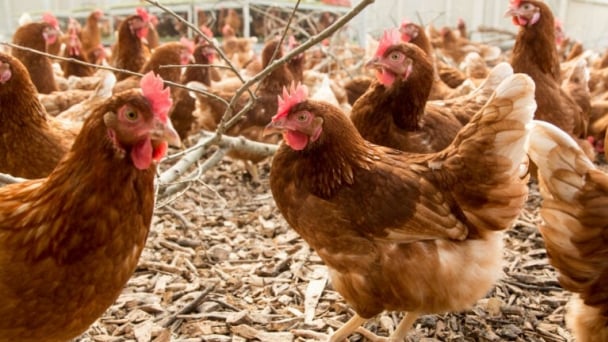
(VAN) The latest Business Benchmark on Farm Animal Welfare (BBFAW) reveals steady progress on farm animal welfare across the global food industry.

(VAN) Green credit is a financial policy that effectively supports environmentally friendly projects and activities today.
/2025/04/09/1049-2-165919_630.jpg)
(VAN) With a revenue of less than VND 30 billion/year, packaging producers are exempted from EPR liability under Decree No. 05/2025 newly issued.
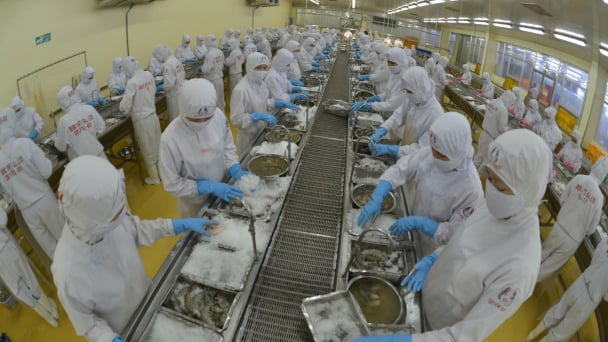
(VAN) Ministry of Agriculture and Environment has issued an Action Plan for sector's development in the coming period, aiming for a growth rate of 4% or higher and an export turnover of USD 65 billion.

(VAN) The 177th Session of the FAO Council opened on Monday at the Organization’s headquarters in Rome.
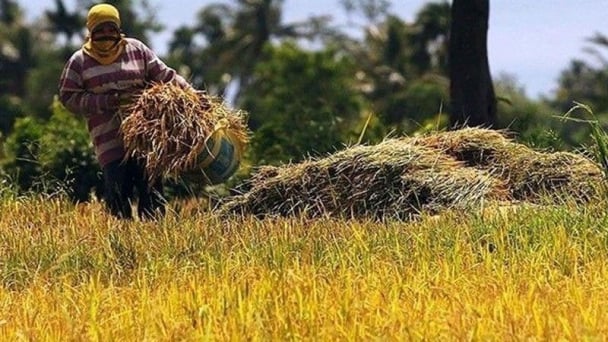
(VAN) In a statement, the Federation of Free Farmers (FFF) said the government must not be complacent over the reciprocal tariffs even if the Philippines will be slapped with the second lowest rate among US trade partners.

(VAN) On the morning of April 3, Prime Minister Pham Minh Chinh chaired a meeting with ministries following the United States' announcement of new tariff rates on imports from Vietnam.